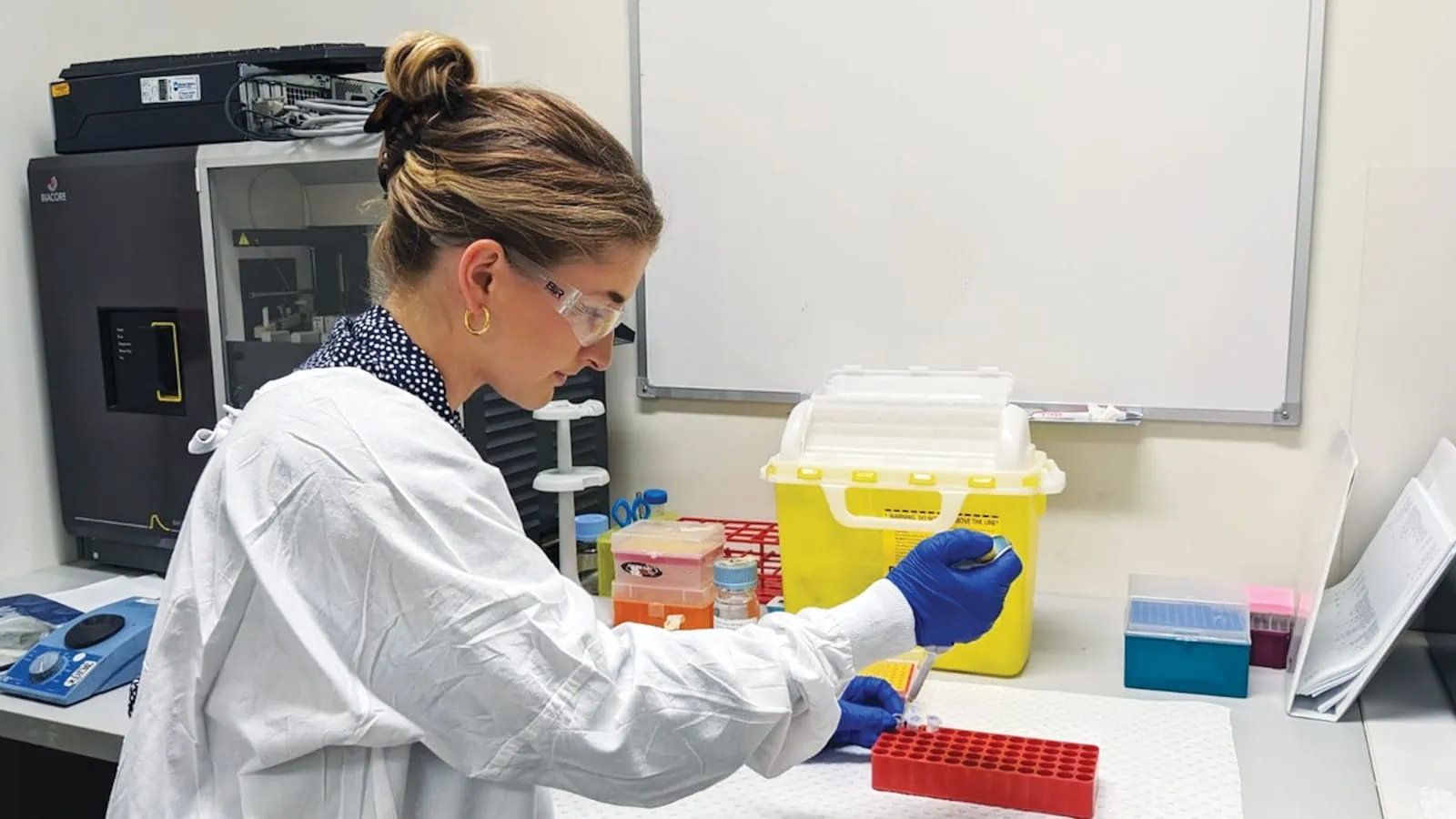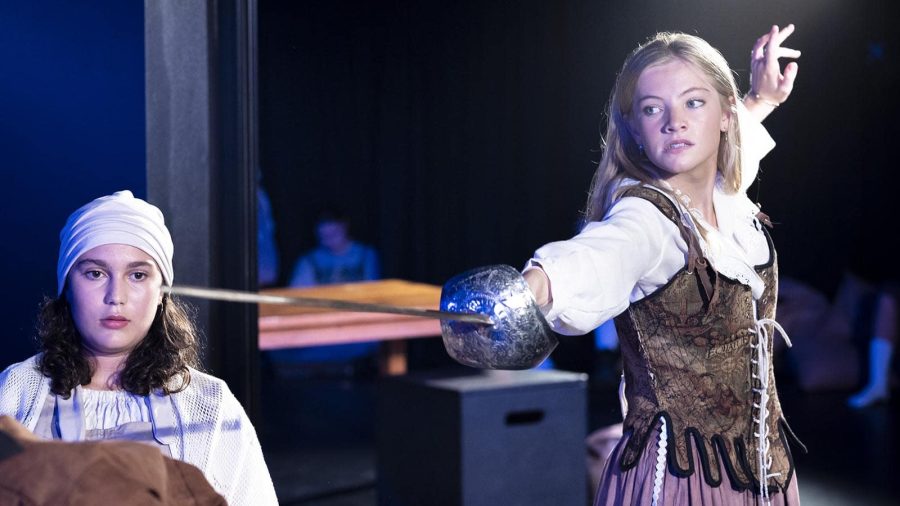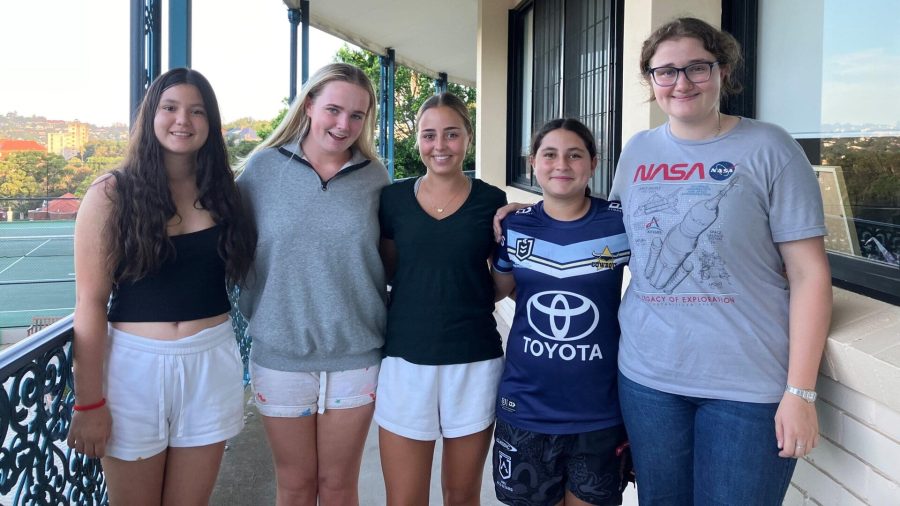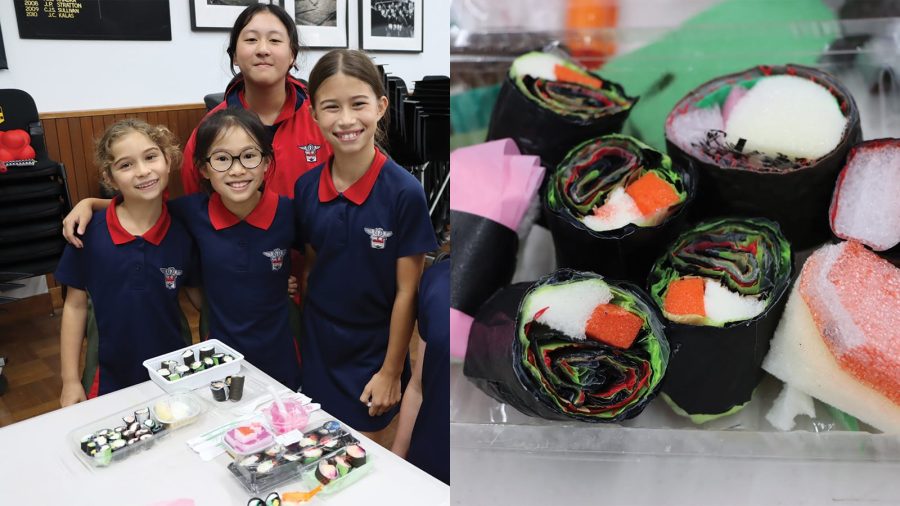Concussion and its potentially life-changing impacts in adult sport is a hot topic. But what about for our children? Ascham Old Girl Ella Swaney’s (2016) research and progress in the world of haematology and concussion is helping to provide those answers. How do these head knocks affect a child’s recovery back to full physical and mental health, and are there any concerns around ongoing paediatric health issues?
Ella is also a volunteer Surf Lifesaver, PhD candidate and inventor on a patent application relating to her PhD. She attributes her community service experience and leadership skills developed at Ascham to what drives her today.
Ella, can you tell us a little about the connection between haematology and concussion?
The blood is made up of thousands of proteins. These provide function and context to our cells, so can provide insight into how our body is working, and therefore be related to a patient’s clinical outcomes, such as how long a person may take to recover from a concussion. My PhD focuses on finding proteins in the blood which could act as markers of delayed recovery from concussion in children, so that they can be treated accordingly.
What impacts can untreated concussions have on a child’s long-term health and wellbeing?
It’s well known that after a concussion, children will experience symptoms such as headache, nausea, fatigue, and trouble concentrating. However, some children will go on to develop long-term symptoms, which can include these symptoms but also mental health problems and behavioural issues. Identifying and addressing these symptoms as soon as possible after an injury is crucial to ensuring children recover as quickly as possible, and return to school, sport and normal life.
Do you consult with young people in this process and what does that look like?
The research team in which I work, led by Professor Vicki Anderson, includes neuropsychologists, emergency department specialists, neurologists, neurosurgeons, sports medicine physicians, neuroscientists and laboratory scientists—all of whom have worked with countless children experiencing delayed recovery from concussion. So they have a strong understanding of the best approaches to accelerate children’s recovery after a concussion. These scientists are also working with the clinical team to understand what happens in the body when a child has a concussion.
Can you tell us a little about the invention you’ve been working on?
Alongside my supervisor, Professor Vera Ignjatović , I recently filed a patent application for a blood marker that has the potential to predict delayed recovery from concussion in children. When a child has a concussion, they’ll often present to the Emergency Department. About 60% of children will be able to recover on their own, but immediately after their concussion the severity of a child’s symptoms is not necessarily indicative of how long they will take to recover. Using a blood marker, we could identify which children will go on to have delayed recovery, and therefore provide much-needed targeted and personalised education and treatment.
You have many connections across communities, from volunteering as a Board member at your local Surf Lifesaving Club, to being an ambulance responder, and you’re also a keen runner. What has community participation taught you?
The community service that I undertake outside of work is a fantastic opportunity to connect with people that I wouldn’t otherwise have the chance to. Particularly volunteering as an ambulance driver with Ambulance Victoria during 2021—I was exposed to the huge frequency of chronic and mental illness in the Victorian community, most of which is impacted by or related to socioeconomic status, or other factors often out of one’s control. This perspective has provided me with the motivation to continue to give back in some way or another, regardless of how busy my work is.
In what ways did Ascham provide you with the opportunity to develop leadership skills?
Ascham did a great job of instilling the value of a wholistic lifestyle. Academic, sporting and community-based achievements were valued highly during my time at the School. Additionally, leadership in community service is different to a work context, in that you are engaging with people with various levels of investment and time availability for a project or cause. The leadership and community service opportunities at Ascham taught me that flexibility, compassion and empathy are sometimes more important than efficiency or quantifiable achievements in a community-facing role.



